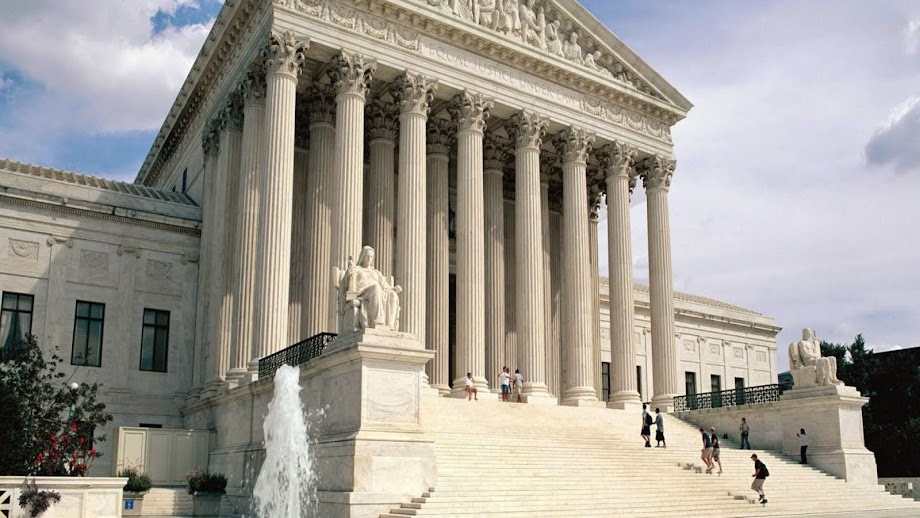There have been many extremely important Supreme Court cases over the course America’s history. These cases helped to establish precedents, laws, and ideas that are common place and seemingly obvious in our modern society. Some of them exasperated situations, and led to violence. For better or for worse, these cases had a very important impact on American history, and helped form the country we live in today. Here are some of those cases.
· Marbury v. Madison, 1803
The case surrounded a petition to the Supreme Court by William Marbury, who had been appointed as a Judge by President John Adams, but whose commission was not delivered. Marbury asked the Court to force James Madison to deliver the documents, but the Court refused. In giving up their right to compel Madison to give the document, the Court established the principle of Judicial Review, giving them the authority to declare acts of Congress unconstitutional.
· Dartmouth College v. Woodward, 1819
The case arose when the New Hampshire legislature tried to force the private institution of Dartmouth College to become a public institution, in the wake of the College’s President being deposed by its trustees. The Supreme Court ruled that the Constitution protects contracts from state encroachments, thereby safeguarding business enterprises from interference by state governments.
· Worcester v. Georgia, 1831
This case ruled that Samuel Worcester’s conviction to remove the Indian population from Georgia in the wake of the Indian Removal Act was void, because states have no jurisdiction in Indian Territory. While President Jackson refused to recognize the Court’s decision, and went through with the Removal Act anyway, the opinion is famous for laying out the relationship between Indian tribes and the state and federal governments.
· Dred Scott v. Sanford, 1857
The case surrounded an enslaved African American man named Dred Scott who tried to sue for his own freedom when his owner took him to Free states and territories. The Court ruled that African Americans were not citizens and therefore could not petition the Court. Furthermore, slaves could not be taken from their masters, regardless of a territory’s “free” or “slave” status. The Judges also ruled that national legislation could not limit the spread of slavery in the territories, invalidating the Northwest Ordinance and the Missouri Compromise. The decision and its repercussions heightened tensions between the north and the south over the issue of slavery, contributing to the unrest that would ultimately lead to Civil War. President Lincoln and Frederick Douglass made speeches directly addressing the decision, and acts of violence were being committed against free African Americans. The Civil War began only four years later.
The Fourteenth Amendment invalidated the Dred Scott decision, one of the few times a Supreme Court decision has been entirely invalidated in American History.
· Plessy v. Ferguson, 1896
The case involved a dispute over the legality of segregated railroad cars in Louisiana. It upheld segregation by approving “separate but equal” accommodations for African Americans, in an obviously failed attempt to diffuse tensions between whites and blacks at the time. It sanctioned “separate but equal” public facilities for African Americans. The decision would become the center of much controversy during the mid-twentieth century Civil Rights movement, and would ultimately be reversed by the ruling of Brown v. Board of Education of Topeka.

No comments:
Post a Comment